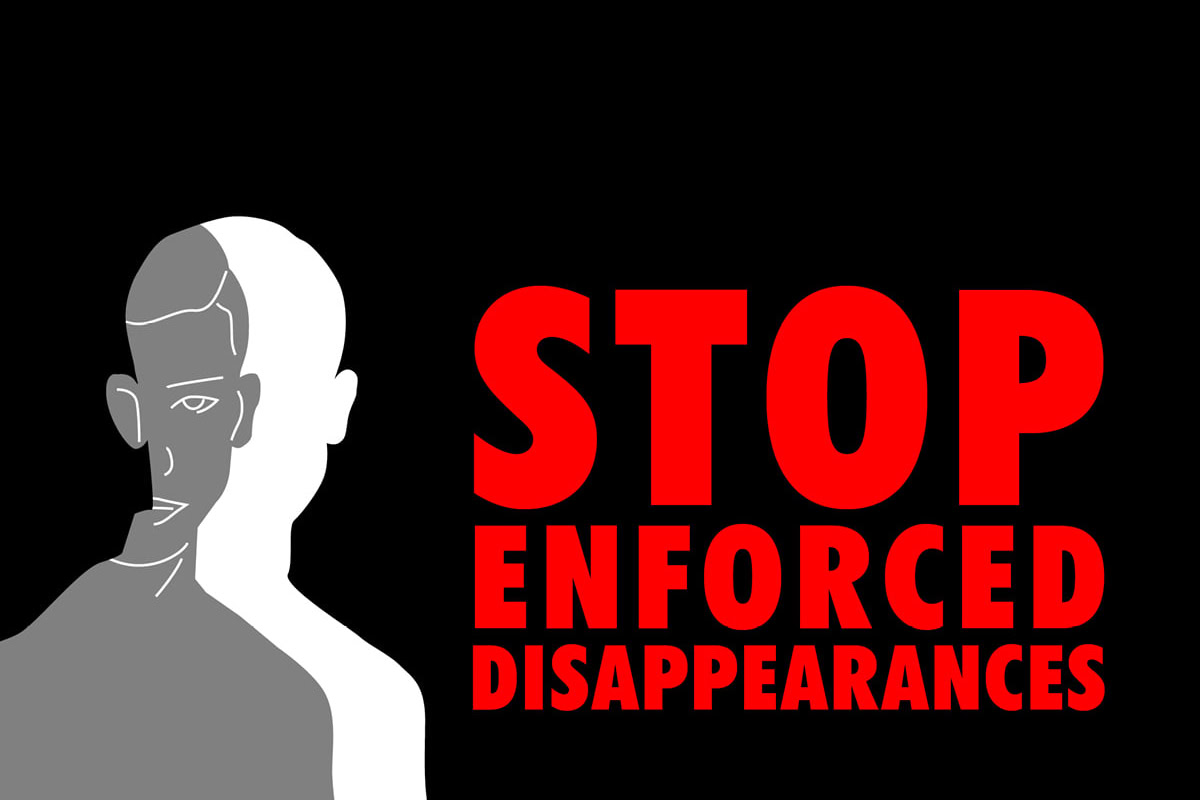Senior Baloch politician and Senator Jan Muhammad Buledi has accused the Pakistani state of systematically undermining Balochistan’s political, economic, and human rights—alleging that women and children are being “abused and imprisoned” as the region faces escalating unrest.
Speaking at a seminar titled “Issues and Solutions for Balochistan” hosted by the Leader Media Group at the Lahore Press Club, Senator Buledi criticised the federal government for maintaining what he described as a “colonial attitude” towards Balochistan. He said the province’s rights had been consistently ignored since the country’s creation.
“Balochistan makes up half of Pakistan’s geographical area and is immensely rich in minerals,” Senator Buledi told the audience, which included prominent journalists Mujeeb-ur-Rehman Shami and Imtiaz Alam. “Yet Islamabad and the country’s rulers covet these resources while ignoring the impoverished local population.”
He said that Balochistan’s mineral wealth is marketed at international conferences in Islamabad without involving Baloch representatives, leading to exploitation and the sale of natural assets at “throwaway prices.”
Census Manipulation and ‘Manufactured’ Political Representation
Senator Buledi accused federal authorities of manipulating the recent digital census by underreporting Balochistan’s population by eight million—calling it a “blatant fraud.”
“The federal government refuses to acknowledge Balochistan’s true population because doing so would increase the province’s representation in national institutions,” he said. “Even the basic right to vote is now under threat.”
Buledi alleged that genuine political leadership in Balochistan is being systematically sidelined in favour of artificially created entities.
“”Political parties are now created overnight,” he said. “In the past, at least tribal chiefs and sardars were brought forward. Now, it’s drug mafias, land mafias, and contractor mafias who occupy provincial and national seats—even in the Senate.”
He accused Pakistan’s powerful establishment of deliberately undermining the democratic voice of the Baloch people, saying that major parties routinely compromise the province’s interests for short-term political gain.
Enforced Disappearances and Social Breakdown
Describing enforced disappearances as Balochistan’s “most critical issue,” Senator Buledi alleged that the state and its institutions now operate “above the law and constitution.”
“Corruption is rampant; appointments and transfers are openly sold. Public-sector jobs are for sale,” he said.
He highlighted the role of women and children in protests demanding the recovery of missing persons and condemned the state’s response.
“In Baloch society, women are deeply respected. Yet today, they are being subjected to violence, arbitrary arrest, and imprisonment,” he said. “Instead of addressing the demands of the people, the state is criminalising peaceful protest.”
Call for Dialogue and Reconciliation
Buledi strongly condemned violence, saying the killing of innocent people—particularly in public places—was “absolutely unacceptable.”
He called for a policy of national reconciliation to address Balochistan’s grievances and emphasised that only dialogue could resolve the crisis.
“The solution to Balochistan’s crisis lies in meaningful negotiations,” he said. “Pakistan’s national political parties must adopt clear policies to address the legitimate demands of the Baloch people—especially the youth.”
Senator Buledi proposed a series of confidence-building measures that he said were essential for restoring trust in Balochistan. He called for the immediate release of all detained political activists and imprisoned women.
He said the state must refrain from using force to suppress peaceful dissent, and urged authorities to develop a formal roadmap for the recovery of forcibly disappeared persons. In addition, he stressed the need for formal, meaningful dialogue involving local Baloch political groups and youth leaders.
He concluded with a call to prioritise social and economic development in Balochistan, demanding improvements in education, healthcare, and infrastructure, and the creation of merit-based employment opportunities.
“Government jobs must no longer be auctioned,” he said. “Only through justice, inclusion, and development can we restore trust and stability in Balochistan.”

